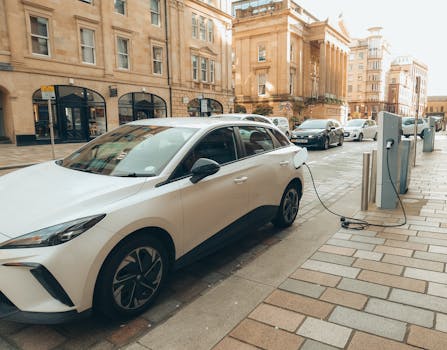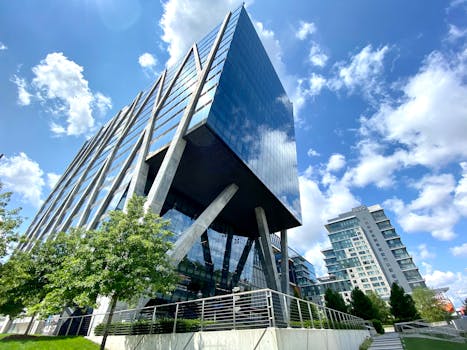
Smart Cities: Urban Trends for 2025
Smart Cities are at the forefront of urban development, and 2025 is set to be a transformative year for these innovative metropolises. With the integration of technology and sustainable practices, smart cities are redefining the way we live, work, and interact with our environment.
Introduction to Smart Cities

Smart Cities are urban areas that utilize advanced technologies, such as the Internet of Things (IoT), artificial intelligence (AI), and data analytics, to enhance the quality of life for citizens, improve efficiency, and reduce environmental impact. These cities are designed to be more livable, sustainable, and resilient, with a focus on creating a better future for generations to come.
Urban Trends for 2025

As we look ahead to 2025, several urban trends are emerging that will shape the future of smart cities. Some of the key trends include:
- Increased use of renewable energy sources: Smart cities will continue to invest in renewable energy sources, such as solar and wind power, to reduce their reliance on fossil fuels and lower carbon emissions.
- Expansion of electric vehicle infrastructure: With the growing demand for electric vehicles, smart cities will need to invest in charging infrastructure to support the adoption of eco-friendly transportation.
- Implementation of smart grids: Smart grids will play a crucial role in managing energy distribution and consumption in smart cities, enabling real-time monitoring and optimization of energy usage.
- Integration of IoT devices: The IoT will continue to play a vital role in smart cities, with the integration of devices such as sensors, cameras, and smart meters to collect and analyze data.
- Focus on sustainable urban planning: Smart cities will prioritize sustainable urban planning, incorporating green spaces, pedestrian-friendly areas, and mixed-use development to create more livable and sustainable environments.
Benefits of Smart Cities

Smart cities offer numerous benefits, including:
- Improved quality of life: Smart cities provide citizens with access to better healthcare, education, and transportation, improving overall quality of life.
- Increased efficiency: Smart cities optimize energy consumption, waste management, and transportation systems, reducing costs and improving productivity.
- Enhanced sustainability: Smart cities prioritize environmental sustainability, reducing carbon emissions and promoting eco-friendly practices.
- Economic growth: Smart cities attract businesses, talent, and investment, driving economic growth and development.
Challenges and Opportunities

While smart cities offer many benefits, there are also challenges and opportunities to consider:
- Cybersecurity: Smart cities are vulnerable to cyber threats, highlighting the need for robust security measures to protect citizen data and infrastructure.
- Privacy concerns: The collection and analysis of citizen data raise concerns about privacy and surveillance, requiring smart cities to implement transparent and secure data management practices.
- Equity and accessibility: Smart cities must ensure that all citizens have access to the benefits of smart city technologies, regardless of income, age, or ability.
- Partnerships and collaboration: Smart cities require collaboration between government, private sector, and citizens to drive innovation and success.






